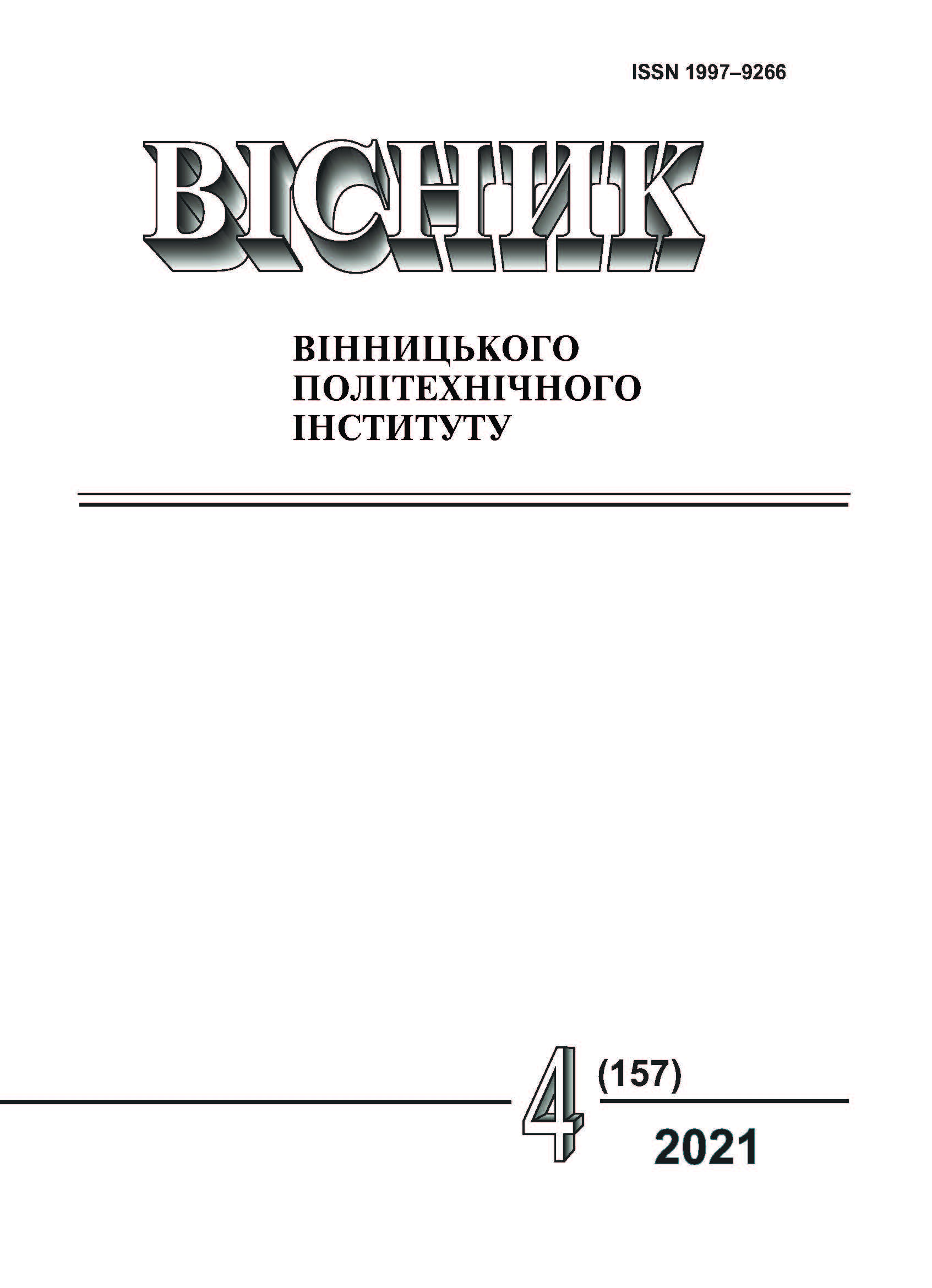Research of Stability and Convergence of Decentralized Coordination of Local Control of Distributed Cyber-physical Systems
DOI:
https://doi.org/10.31649/1997-9266-2021-157-4-62-69Keywords:
stability, convergence, decentralized coordination, distributed cyber-physical system, continuous objectAbstract
The use of decentralized coordination of state control of distributed cyber-physical systems with continuous objects, in which, in addition to the physical interaction of the elements of a continuous object, there is information interaction of local coordinators as part of agents of a multi-agent system, leads to the formation of multi-loop control systems. The features of decentralized coordination control of such systems (nonlinearity of coordinators, mutual physical impact of the elements of the object, the presence of production costs of the accumulated resource, which determines the state of the elements, etc.) necessitate additional studies of the stability of the system and the convergence of the coordination process. The aim of the work is to study the conditions of stability and convergence of decentralized coordination of a distributed cyber-physical control system with a wave coordination method. A condition for the stability of such systems is obtained. The model of a system of two connected controllable elements and local control systems has been developed. The transfer function of the system is obtained using the method of equivalent transformations. It is shown that in the absence of coordination, such system is stable under the condition of attenuation under the propagation of influences on the elements of a continuous object. The stability and convergence of decentralized coordination of local control systems with the wave coordination method based on a simulation model is investigated using the example of three-element systems. The simulation model was created in the Scilab/Xcos system. As a result of the studies, it was shown that although the system is stable, the state of the object's elements coincides with the specified one, however, the duration of the coordination process significantly exceeds the duration of the transient processes of individual elements. Further research is supposed to be directed at the proof the hipotesis that the stability of the system independent of the number of controlled elements of a continuous object and studying the conditions for the stability of active systems (with an increase in the influence in the process of propagation).
References
Кабінет Міністрів України, Постанова № 556. [Електронний ресурс]. Режим доступу: https://zakon.rada.gov.ua/laws /show/380-2021-%D0%BF#n10 .
Проєкт «Ініціатива академічної доброчесності та якості освіти». [Електронний ресурс]. Режим доступу: https://saiup.org.ua/pro-proekt/.
«Академічна доброчесність: виклики сучасності,» в Збірник наукових есе учасників дистанційного етапу наукового стажування для освітян (Республіка Польща, Варшава, 28.01 – 08.02.2019). Варшава, 2019. 171 с.
Understanding & Preventing Plagiarism [Online]. Available: https://www.accreditedschools online.org/resources/preventing-plagiarism/. Accessed on: April 15, 2021.
Nur E. Hafsa, “Plagiarism: A Global Phenomenon,” in Journal of Education and Practice, vol. 12, no.3, pp. 53-59, 2021.
A. Vavilenkova “Regularity of context units identification in electronic text documents,” CEUR Workshop Proceedings, 2845, pp. 1-10, 2021.
J. Kahre, The mathematical theory of information, New York: Springer Science, 2002, 502 p.
М. М. Глибовець, А. М. Глибовець, і М. В. Поляков, Інтелектуальні мережі, Дніпропетровськ: Нова ідеологія, 2014, 462 c.
V. Shyrokov, “System semantics of explanatory dictionaries,” Cognitive Studies, no12, pp. 95-106, 2015.
N. Khairova, S. Petrasova, and A. P. S. Gautam, “The Logical-Linguistic Model of Fact Extraction from English Texts,” Communications in Computer and Information Science, vol. 639. Springer, Cham. 2016. https://doi.org/10.1007/978-3-319-46254-7_51 .
О. Г. Оксіюк, «Моделі подання знань в інтелектуальних системах навчання,» Збірник наукових праць Військового Інституту Київського національного університету імені Тараса Шевченка, т. 28, с. 98-101, 2010.
Д. В. Ланде, І. Ю. Субач, і Ю. Є. Бояринова, Основи теорії і практики інтелектуального аналізу даних у сфері кібербезпеки: навч. посіб., К.: ІСЗЗІ КПІ ім. Ігоря Сікорського, 2018, 300 с.
И. Р. Гальперин, Текст как объект лингвистического исследования. 5-е изд. Москва: КомКнига, 2007, 144 с.
А. І. Вавіленкова, Аналіз і синтез логіко-лінгвістичних моделей речень природної мови, монографія, К.: ТОВ «СІК ГРУП УКРАЇНА», 2017, 152 с.
A. Vavilenkova, “Basic principles of the synthesis of logical-linguistic models,” Cybernetics and systems analysis, vol. 51(5), pp. 826-834, 2015. http:// doi.org/10.1007/s10559-015-9776-z .
К. А. Филлипов, Лингвистика текста. Курс лекций, Спб.: Издательство С.-Петербургского университета, 2008, 336 с.
O. V. Bisikalo, W. Wojcik, O. V. Yahimovich, and S. Smailova, “Method of determining of keywords in English texts based on the DKPro Core,” Technology Audit and Production Reserves, 1/2(21), pp. 26-30, 2015.
https://doi.org/10.15587/2312-8372.2015.37274 .
А. І. Вавіленкова, «Особливості бази знань системи автоматизованої побудови логіко-лінгвістичних моделей текстових документів,» Вісник Національного університету «Львівська політехніка». Серія «Інформаційні систем та мережі»: зб. наук. праць, № 9, с. 75-83, 2021. https://doi.org/10.23939/sisn2021.09.075 .
Downloads
-
PDF (Українська)
Downloads: 116
Published
How to Cite
Issue
Section
License

This work is licensed under a Creative Commons Attribution 4.0 International License.
Authors who publish with this journal agree to the following terms:
- Authors retain copyright and grant the journal right of first publication.
- Authors are able to enter into separate, additional contractual arrangements for the non-exclusive distribution of the journal's published version of the work (e.g., post it to an institutional repository or publish it in a book), with an acknowledgment of its initial publication in this journal.
- Authors are permitted and encouraged to post their work online (e.g., in institutional repositories or on their website) prior to and during the submission process, as it can lead to productive exchanges, as well as earlier and greater citation of published work (See The Effect of Open Access).





